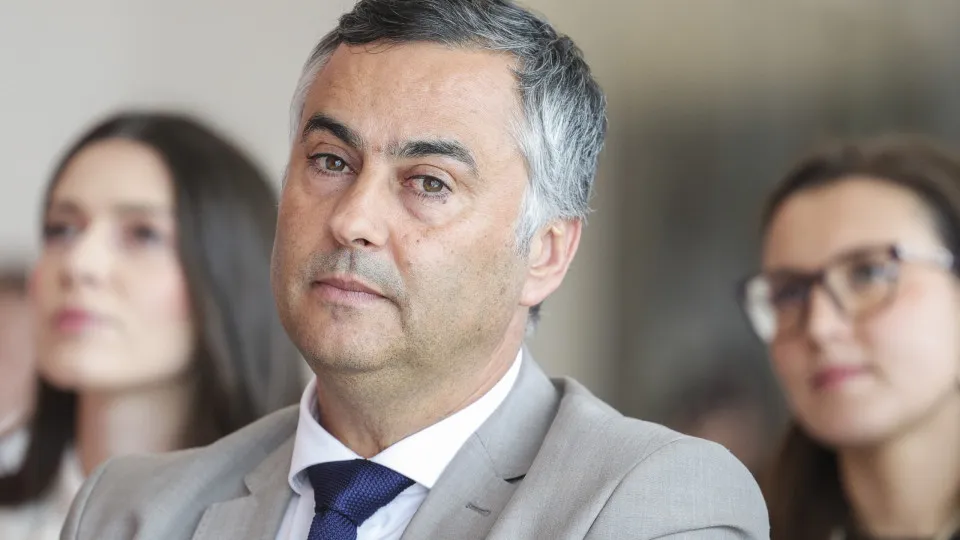
The limitations of ‘numerus clausus’ complicate the adjustment of available spots significantly. “We are not going to abolish the ‘numerus clausus’, but we want to make it more flexible, allowing institutions to slightly vary their offerings,” announced the Minister of Education, Science, and Innovation today during the opening academic address at the Polytechnic of Leiria.
Fernando Alexandre noted that Portugal has a “super-rigid system for student placement,” which sometimes prevents students from remaining in institutions close to their home regions.
“We encourage the number of displaced higher education students and then complain about having too many. We have many displaced students because we are responsible for it. We don’t allow supply to adjust to demand,” the official insisted.
Fernando Alexandre, emphasizing the importance of student well-being, highlighted that it is proven that a student who continues to study in their area of residence has a “much higher probability” of academic success than a displaced student.
The allocation of vacancies, he clarified, will allow for an increase of up to 10% where justified.
The minister stressed the inseparability of well-being from academic success and pedagogical innovation, advocating for a comprehensive view of all these dimensions. He also advised educators to manage classes in a way that embraces, without fear, the integration of artificial intelligence.
Fernando Alexandre announced an upcoming revision of the social action system, which will be presented soon. “The first dimension relates to family income, with a calculation of household income and per capita value,” linked “to the costs of attending higher education by municipality.”
The ministry will also offer “a scholarship for students who remain in their area of residence and a different scholarship for displaced students.”
A specific scholarship will be proposed for students from lower-income backgrounds, serving as an incentive for continued education.
According to the minister, the “opportunity cost of studying,” relating to what students forgo by choosing education over entering the workforce after 12th grade, will be calculated.
The objective, he stated, is to “provide an incentive to students” and families by assuring, “if your child continues to study, there is additional income here.”
Fernando Alexandre also aims for higher education institutions to change the management of residences to better meet student welfare needs.
“Residences should be facilities that primarily integrate displaced students, with social action students prioritized,” he stated, adding they should not be exclusive to these students.
“They should be infrastructures mainly for first-year displaced students to ensure their integration. They must truly be well-being spaces for the academic community, preferably for first-year students,” the official reiterated.




